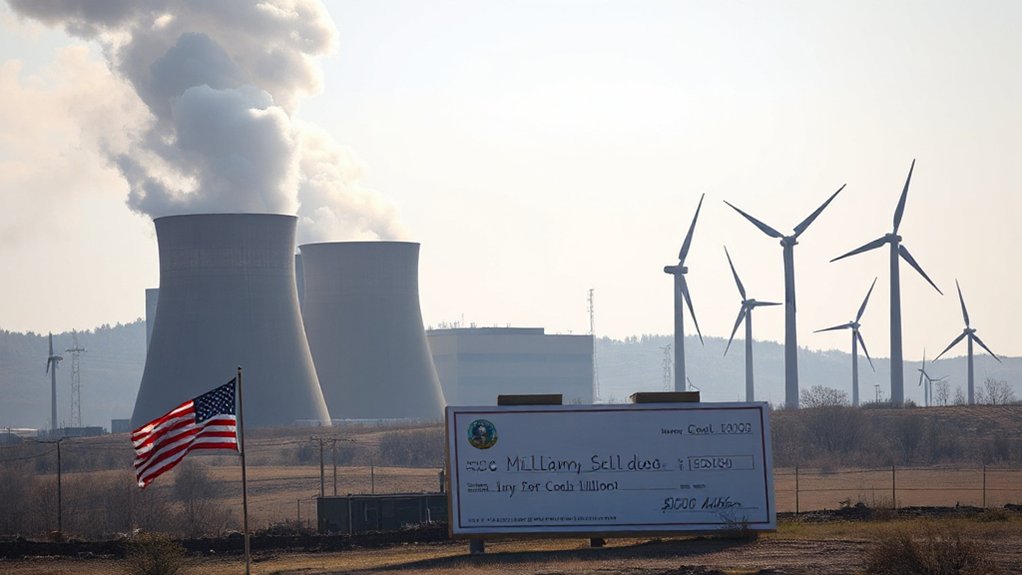Oil executives are cheering after the House passed the “One Big Beautiful Bill Act of 2025,” which scales back clean energy tax credits while preserving fossil fuel incentives. The bill cleared the Ways and Means Committee with a 26-19 vote and includes $3.8 trillion in tax proposals.
Fossil fuel industry celebrates legislative win as House approves bill preserving oil incentives while cutting clean energy supports.
The American Petroleum Institute (API) celebrated the bill’s passage, calling it a “historic energy victory” for the oil and gas industry. The legislation keeps existing tax credits for fossil fuel projects through 2028, followed by a gradual reduction.
“This bill gives us the certainty we need,” said one industry leader. Oil companies point to improved capital access and more favorable tax structures for large-scale projects as key benefits.
The OBBBA rolls back many clean energy tax credits from the 2022 Inflation Reduction Act. It maintains renewable energy and battery credits until 2028, then starts a three-year phase-down. This shift could give traditional energy sectors a competitive advantage.
A recent survey showed investors give the bill a 6.3 out of 10 favorability rating. Industry insiders are more cautious, rating it 4.8 out of 10, showing concerns about ongoing regulatory uncertainty.
The legislation includes FEOC (foreign entity of concern) provisions that block certain foreign-linked companies from energy tax credits. This rule targets projects connected to China, Russia, North Korea, and Iran, and encourages domestic sourcing of energy components. Energy executives have expressed relief at finding stability after struggling with chaotic policy shifts under previous administrations.
Budget analysts project the bill will add $2.5 trillion to federal deficits over 10 years. The bill also eliminates remaining Inflation Reduction Act funding for the National Park Service, further exacerbating their staffing crisis. Critics warn the legislation’s rollback of tax credits could lead to job losses in Georgia’s clean tech industry, which currently employs 82,000 workers. Supporters say it will boost investment and jobs in oil and gas extraction and refining.
The bill now heads to the Senate, where members are expected to make changes before final passage. Republican leaders hope for approval by August, though earlier timelines aimed for late May or July.
Clean energy advocates have expressed worry about the bill. They fear stricter credit requirements and the eventual phase-out of incentives will slow U.S. wind and solar development after 2028.
References
- https://www.npca.org/articles/8891-house-advances-budget-bill-reducing-national-park-service-staff-amid-peak
- https://www.ajc.com/politics/2025/05/whats-in-the-house-reconciliation-bill-and-how-will-it-affect-georgia/
- https://www.crfb.org/blogs/breaking-down-one-big-beautiful-bill
- https://www.cbo.gov/publication/61415
- https://www.projectfinance.law/publications/2025/may/effects-of-house-tax-bill-on-projects/








